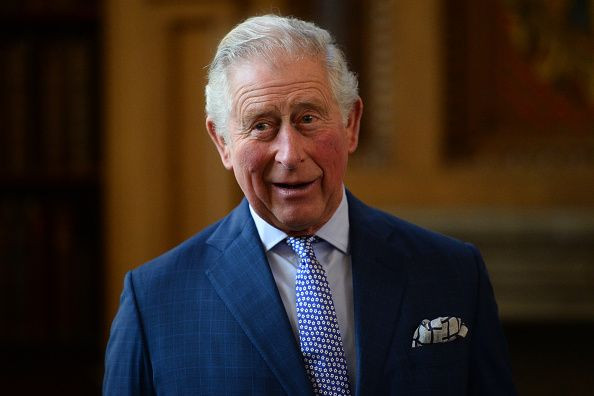Prince Charles Got ‘Sick Of His Face’ For This Shocking Reason

Prince Charles reportedly once declared that he was feeling sick of his face due to a shocking reason.
In the book “Charles: Prince of Wales,” royal biographer Anthony Holden said that on July 1, 1969, Prince Charles attended his formal investiture to become officially known as the Prince of Wales at Caernarfon Castle in Wales. But Prince Charles was actually given the title of Prince of Wales as early as 1958 after the Queen appointed her son as the Prince of Wales and Earl of Chester via the Letters Patent.
On the morning of the investiture, Prince Charles spent much of the day wandering nervously around the Duff estate. “Each time Charles returned to the house, he found his television interview being replayed on one of the channels,” Holden wrote.
Prince Charles grew increasingly tired of seeing his face and he told those around him that it’s always him everywhere. “I’m getting rather sick of my face,” he said.
After lunch, Queen Elizabeth II wished her eldest son a tense good luck as he left with his advance party. According to Holden, a loud bang was soon heard in the near distance.
Prince Charles asked George Thomas, former secretary of state for Wales, what it was. He told the future King that it was a salute even though he knew that it was clearly another bomb. Just the night before, a bomb was found beneath a bridge but it turned out to be a hoax.
A few hours later, two men attempted to position a real bomb against the wall of a local government office in Abergele, 30 miles from Caernarfon. The bomb exploded while they were mounting it and they were both killed.
Meanwhile, Prince Charles gave an interview following his investiture.
“For me, it’s a way of officially dedicating one’s life, or part of one’s life, to Wales – and the Welsh people, after all, wanted it,” he said.
© Copyright IBTimes 2024. All rights reserved.





















